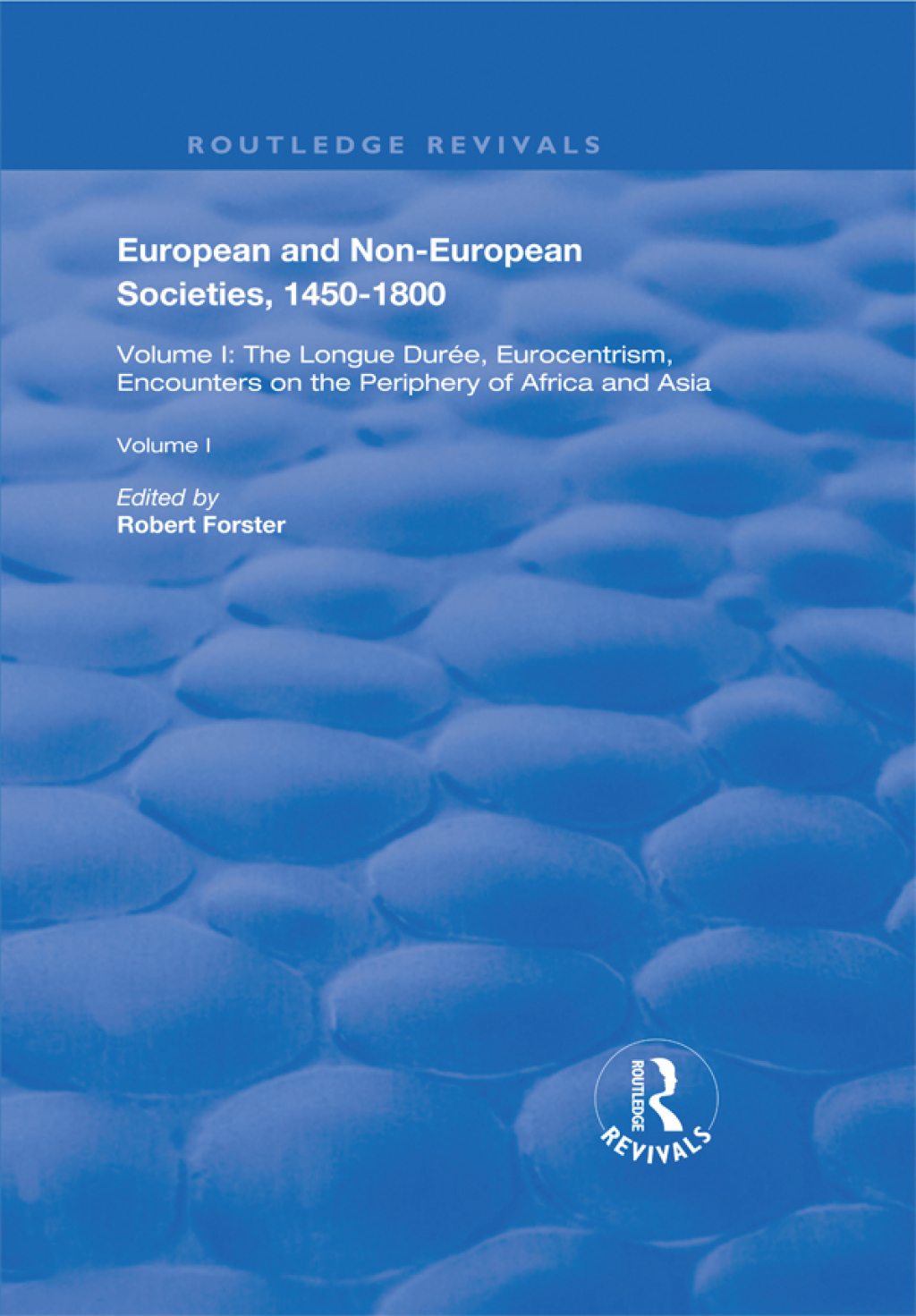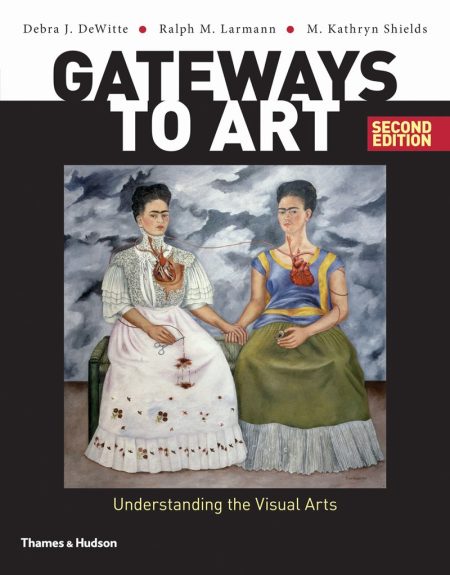Description
First published in 1997, this is the first of two volumes. It looks at the process of European expansion which brought into contact societies and cultures across the world which had been initially alien to one another. Conflict, and violent conflict, was one aspect of this interaction, but accommodation, mutual adaptation, and institutional and behavioural synthesis were also present though often biased in favour of European norms. The intent of this book is to avoid treating ’colonization’, ’dominance’ and exploitation’ as the only focuses of attention. In the first volume Robert Forster explores issues of formative influences, the impact of Eurocentrism on historiography and the reaction against it, and the differing approaches and perceptions of the Europeans, notably the Spanish, French and English. In this period he distinguishes three modes of interaction: that of the trading empires, generally in Africa and Asia, where the European control of the encounter was slighter; and those of the regions of settlement, as in North America, and of exploitation, typified by the Caribbean, where the European impact was profound. The second volume focuses on the Americas, and uses the topics of religion, class, gender, and race as its points of entry.






